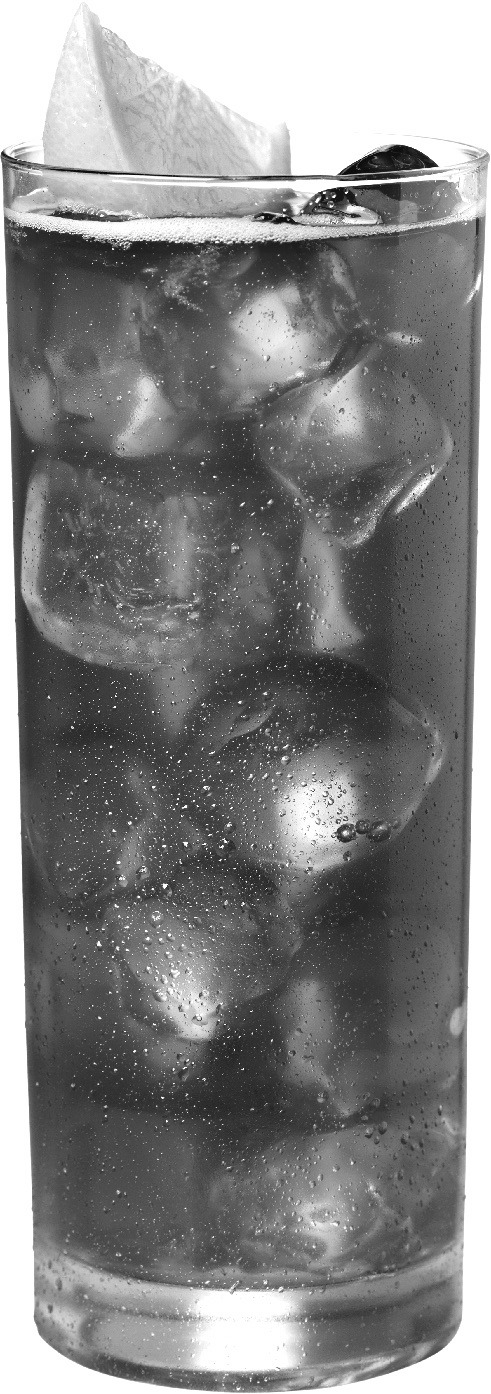I come from a long line of sweet tea drinkers.
I’m sitting here holding a glass of its red-tinted goodness, listening to the soft jingle of the good ice, the crushed kind as I take a few swallows.
It got me to thinking, which is a dangerous thing for me.
I wondered if perhaps, the tax on tea was the straw that broke the camels back and led my ancestors to rebel against King George III of the House of Hanover. It entered my mind that we might have just rebelled against the House of Hanover, in favor of a free cup of tea from the house of Lipton, or Luzianne, or Tetley.
My folks were always partial to Lipton.
Southern sweet tea isn’t made. It’s an act of care, passed down from people who don’t write down recipes, No, they just trust their instincts and they know when it’s just right.
Grandma Jones steeped her tea in loose leaf style in a white enamel saucepan converted to her teapot. You would never use teabags. Never.
The tea leaves and water were put on the stove and brought to almost a boil. You dare not boil it. That was just not allowed. Boiling made the tea taste funny.
Once the pot was taken off “the fire”, its contents were dumped into an aluminum pot, but not before being run through a strainer perched on the side and outlined with a Bounty paper towel.
Then comes the sugar, added while the tea is still hot, so it melts into every molecule. Then, the whole pot was placed in the bottom of the refrigerator to chill. Later, it was transferred to her glass pitcher for pouring and enjoying. Grandma Deal and my own mother also did something similar, with a few modifications. Grandaddy Deal would put in “a pinch of sody (baking soda)” to take the “bite” out of the tea.
Eventually, we did go to teabags, more out of necessity than because we wanted to. It became near impossible to find loose tea.
We enjoyed our sweet tea or maybe its better to say we savored it. Every. Last. Drop.
Tea, you see, is not just a drink. It’s not just something in a pitcher on the table.
It’s served at funerals and weddings, church covered dish dinners, family reunions and all other occasions. It shows up in restaurants, gas stations and at every homecooked meal. It’s enjoyed from straight, plain glasses to mason jars and mega jugs. It’s poured from sweating pitchers across my part of the world. It’s woven into childhoods and family rituals. It shows up at celebrations and after heartb reak. There’s always a pitcher. There’s always a story. Sweet tea is how we welcome people. It’s how we cool down. It’s how we say, “I wasn’t expecting you, but come on in and pull you up a chair.”
My Uncle Richard must have drank 100,000 gallons of Grandma’s sweet tea in his life. He couldn’t get enough. She would even send some home with him when he came to visit.
If you visit a home and there’s no sweet tea in the fridge, either something’s horribly wrong—or they just moved in from Mars.
Tea brings people together. It anchors conversation. It soothes awkward silences and spices up stories.
And hot summer days...well, let’s just say, tea helps make them bearable. It combats the humidity that turns air into a heavy, wet quilt-like burden. Cold, caffeinated and sweet enough to jolt you back to life, it cools you down while giving you just enough sugar to keep you from sweltering and passing out.
I’ve had to modify it some for my health, but I still enjoy a good, refreshing glass of sweet tea every now and then.
Daddy had to do without sugar once and he said he hoped “God never again punished him by making him drink unsweet tea.” Amen to that.
Sitting in my rocker, a breeze picks up as if to confirm the rightness of my thoughts about sweet tea.
When you pour a glass of sweet tea in the South, you’re not just quenching thirst—you’re participating in something bigger than yourself. No matter what’s going on in the world, no matter how much chaos there is around you, in that glass, there is something that makes everything just right again — if only until the glass is empty.
And even then, there are no worries. You can always steep some more.










